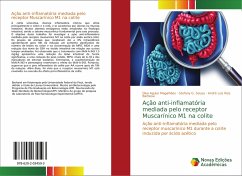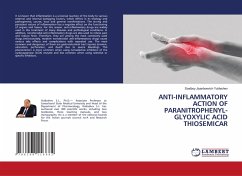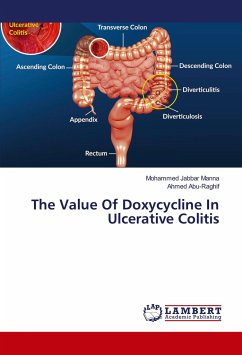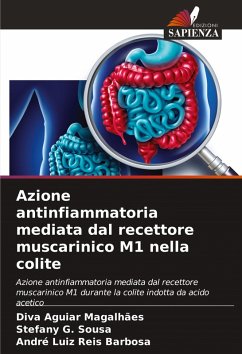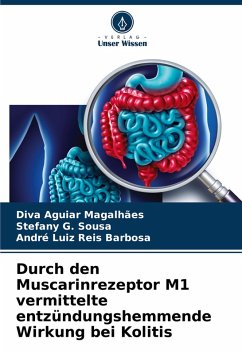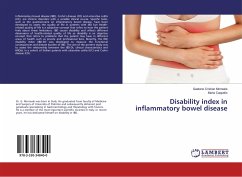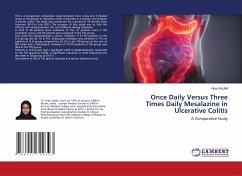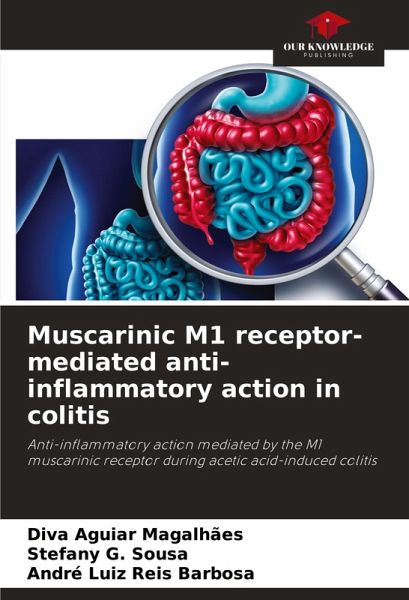
Muscarinic M1 receptor-mediated anti-inflammatory action in colitis
Anti-inflammatory action mediated by the M1 muscarinic receptor during acetic acid-induced colitis
Versandkostenfrei!
Versandfertig in 6-10 Tagen
33,99 €
inkl. MwSt.

PAYBACK Punkte
17 °P sammeln!
Ulcerative colitis, a chronic inflammatory disease that mainly affects the colon and rectum, is characterized by ulcers in the intestinal mucosa. Many endogenous systems are involved in intestinal physiology, and the muscarinic system is fundamental to this process. The aim of this study was to investigate the anti-inflammatory action mediated by the M1 muscarinic receptor in acetic acid (AA) colitis. The groups of animals that received 6% intracolonic AA showed a significant increase in the number of lesions in the colon and in the concentration of MPO, MDA and a reduction in GSH levels in th...
Ulcerative colitis, a chronic inflammatory disease that mainly affects the colon and rectum, is characterized by ulcers in the intestinal mucosa. Many endogenous systems are involved in intestinal physiology, and the muscarinic system is fundamental to this process. The aim of this study was to investigate the anti-inflammatory action mediated by the M1 muscarinic receptor in acetic acid (AA) colitis. The groups of animals that received 6% intracolonic AA showed a significant increase in the number of lesions in the colon and in the concentration of MPO, MDA and a reduction in GSH levels in the intestinal tissue compared to the other times analyzed. It was observed that treatment with McN-A-343 1.5 mg/kg showed a significant reduction in intestinal lesions and a reduction in wet weight, MPO, IL-1beta levels and oxidative stress markers. However, co-administration of McN-A-343 and pirenzepine reversed the effect of McN-A-343. Therefore, it is suggested that the inflammatory peak of AA colitis occurs 18 hours after induction. In addition, it was found that the M1 muscarinic receptor is involved in reversing the pro-inflammatory effect of colitis.




